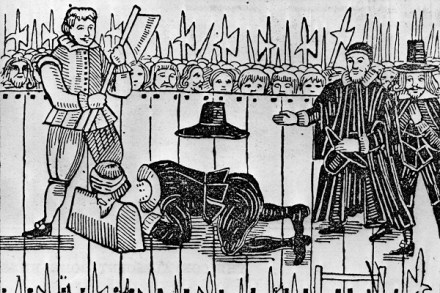Annals of Odd Complaint: Moaning that Google Does Exactly What You Say You Want It To Do – Spectator Blogs
Via Tim Worstall, here’s Jeanette Winterson: A fiery Jeanette Winterson has called for the hundreds of millions of pounds of profit which Amazon, Starbucks and Google were last week accused of diverting from the UK to be used to save Britain’s beleaguered public libraries. In an impassioned speech at the British Library this evening, the award-winning author of Oranges Are Not the Only Fruit said: “Libraries cost about a billion a year to run right now. Make it two billion and charge Google, Amazon and Starbucks all that back tax on their profits here. Or if they want to go on paying fancy lawyers to legally avoid their moral duties,




















